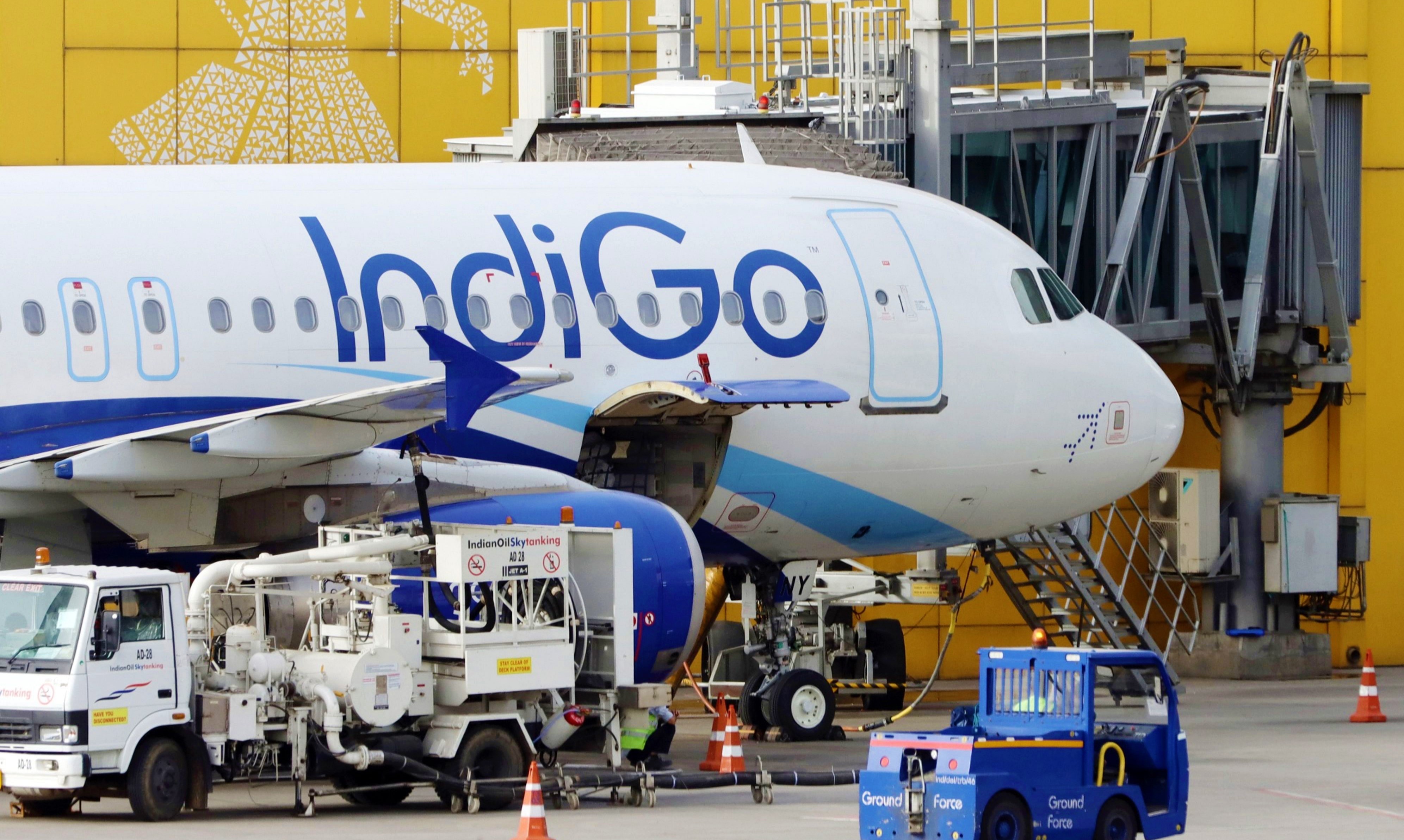


Though very much in it's Preliminary phase of adoption, Sustainable Aviation Fuel (SAF) is making rounds in the Aviation circles with many still taking baby steps towards it.
Europe is encouraging it's airlines to start using SAF , recenctly they brought up Fossil Fuel Tax for Flights , to be implemented throuh 'Fit for 55' that has ambitions to reduce emissions 55 percent by the year 2030.
Now , Indian Leading carrier IndiGo has joined the Chorus and is exploring ways to use sustainable aviation fuel (SAF) in it's Fleet of Airbus A320 family and ATR72 family of aircrafts and it is also learned that the low cost carrier has signed a memorandum of understanding (MoU) with a SAF provider.
Titled as 'IndiGo Green' that was released on Friday, India's Leading Carrier said that it is aware of the fact that the SAF is not in mass production currently.
However, knowing the importance of SAF, IndiGo is exploring the potential of using it and is in talks with its manufacturers globally, it said.
"The utilisation of SAF commercially is still a few years away but as a leader in Indian aviation, we have already embarked on this journey by signing our first MoU with an international SAF provider," it added.
You may like to read...
UK Goverment Takes Step !
In the Month of March 21 , UK Government took initiative for Zero Aviation emissions, and launched dedicated funds for Sustainable Aviation Fuel (SAF) production along with appointment of Heathrow COO Emma Gilthorpe to head up its Jet Zero Council.
That time, the UK government announced a £15m competition aimed to nurture the development of a number of sustainable aviation fuel (SAF) production facilities across the UK, with a focus on converting everyday waste into low carbon fuel for aircraft.
Sustainable Aviation Fuels (SAF) are a significant pillar to be used by aviation to reach carbon neutral growth. SAF are built by blending alternative and renewable sources of raw materials with conventional fuels.
A variety of blends is available on the open market, although the sector is still in its infancy in terms of large-scale use. Compared to conventional jet fuel, SAF can reduce life cycle greenhouse gas emissions by up to 80%.
Around 100,000 flights per year are now operated using SAF, according to IATA data. However that amounts to just 0.5% of the aviation industry’s total fuel bill of around $200 billion a year.
IATA says a ‘massive uplift’ in SAF production and use is necessary to reach a 50% cut in net CO2 emissions by 2050, compared to 2005 levels.
IndiGo said to be taking several steps to reduce its aviation turbine fuel (ATF) consumption to decrease its carbon footprint by
► Fleet modernisation;
► Implementing weight reduction measures on board;
► Optimising flight routes;
► Improving flight operations; and
► Following fuel-efficient bestpractices.
"At IndiGo, we also believe that the use of all the above practices combined together cannot match the impact which can be created by sustainable aviation fuels (SAF). However, we also understand that SAF is not in mass production," it said.
The carrier claimed to have saved 4.67 lakh tonnes of aviation turbine fuel between 2014-15 to 2020-21. Looking Forward, Indigo aims to reduce its carbon dioxide (CO2) emission by 18% peravailable seat kilometer (ASK) in 2022-23 as compared to 2015-16.
